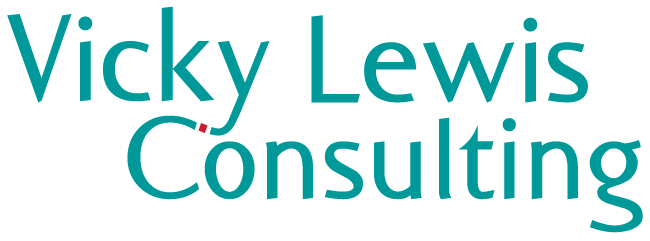International Strategy for Higher Education Institutions
International Strategy for Higher Education Institutions

Posted on by Vicky Lewis
 In July 2022, I co-delivered a session at Universities UK International’s Pro-Vice-Chancellors' Forum with Professor ‘Funmi Olonisakin from King’s College London. We explored with delegates what an ethical international strategy might look like.
In July 2022, I co-delivered a session at Universities UK International’s Pro-Vice-Chancellors' Forum with Professor ‘Funmi Olonisakin from King’s College London. We explored with delegates what an ethical international strategy might look like.
This blog is based loosely on the first half of the presentation I gave to kick off our session, during which I shared some insights and quandaries generated by recent research and consultancy work. A future blog will draw on the second half of my presentation, starting to explore some practical steps which HEIs could take.
When it comes to HEIs’ international engagement, an ‘ethical approach’ means different things for different people / institutions, sitting anywhere on the following spectrum:
I’d suggest that many UK universities are at point 1 or point 2 on that spectrum. It is not surprising that points 3 and 4 are a step too far for most, given some of the pressures and constraints of our operating context – at global, national and institutional level. However, there are some questions that those institutions seeking to act ethically in their international activities should be asking themselves.
In the UK HE sector we tend towards a narrow view of ethics. We instinctively focus on ‘other people’s’ ethics: Should we accept this donation? Should we work with this partner or country? This suggests that fear of reputational damage may be uppermost in our minds.
It is important to have those discussions but sometimes we need to take a step back and view our own behaviours through others’ eyes: Are we perpetuating – or challenging – extractive, colonial models? Are we acting as (what Nicola Brewer described as) a ‘global team player’?
On the whole, we would like to be more ethical and equitable in our partnerships but find our institutional values are often at odds with UK government actions (e.g. slashing of ODA funding). Should HEIs do more to mitigate the damage caused by some government policies (we have previously found ourselves having to work doubly hard to counteract a hostile immigration environment)? Should we be braver about speaking truth to power?
Our decision-making is often constrained by our marketised operating context (including a fixation with league tables). Should we focus more on collaborating to address shared challenges rather than on being ‘better than the rest’? Can we start to redistribute funding and responsibilities more equitably between partners in the Global South and Global North? And even to make reparations for past injustices? How would we make a start on this against a background of ever tightening finances?
Recently, there has been much more open acknowledgement that international student fee income props up UK institutional finances. But, by recruiting more international students (from a more diverse range of countries), are we simply perpetuating brain drain? Can we reduce the risk or mitigate the impact of brain drain?
The ethics around this are complicated: surely we shouldn’t be in the business of constraining the choices of individuals even if those choices are not in the best interests of broader societies? But we can’t just sweep the issues under the carpet. Wei Liu’s University World News article touches on this topic and this very recent Times Higher Education piece makes some constructive suggestions on more equitable approaches in the African context.
What would it take to make the switch from an ‘income first’ student recruitment model to one based primarily on widening global access and expanding opportunities?
Some of the conversations I have had with sector leaders suggest such a leap is a long way off for many. I hear arguments along the lines of: ‘We need to generate the income first so that we can invest in the things that align with our mission and values’. While I fully appreciate the importance of financial sustainability, this does beg the question of whether values are being taken as the starting point or treated as a luxury add-on.
An important next step is simply having conversations and debates on these topics openly within the university. It is all too easy for leaders to come across as uninterested in the ethical issues, much to the frustration of staff on the ground.
My next blog will share a few ideas about practical approaches and actions to move towards more ethical international strategies. In the meantime, I’d welcome any thoughts on the issues raised above.
|
|